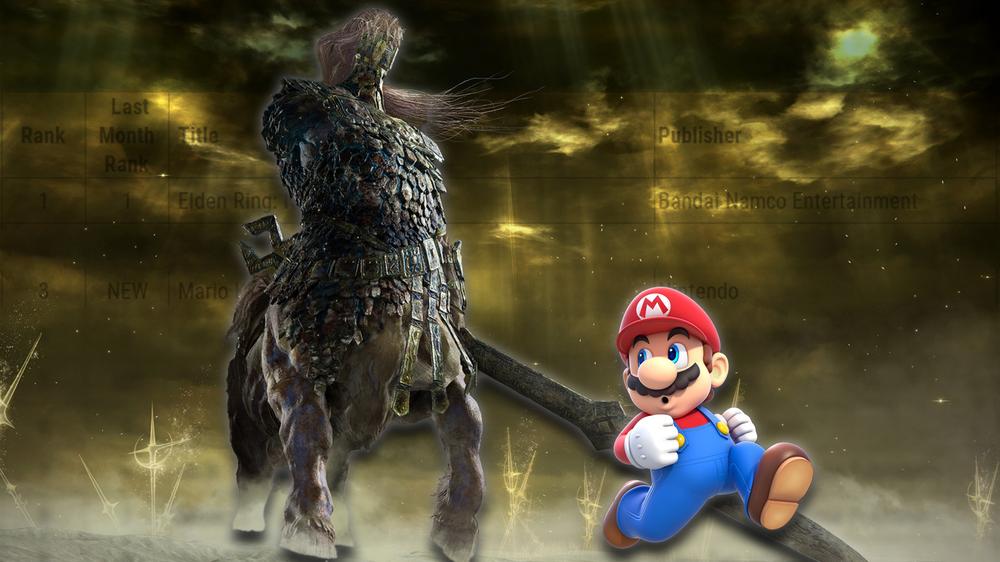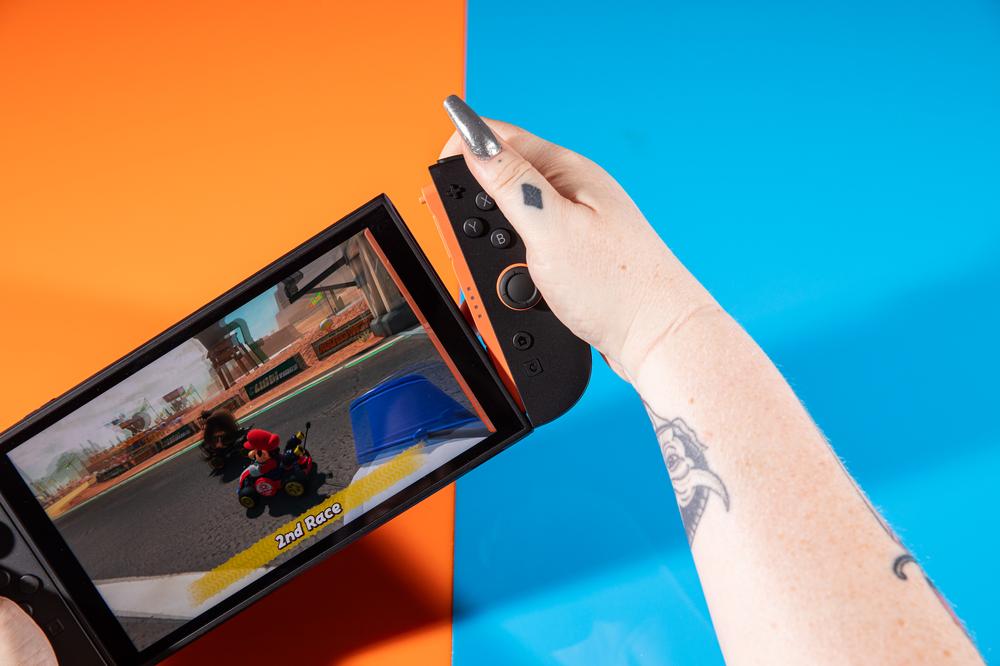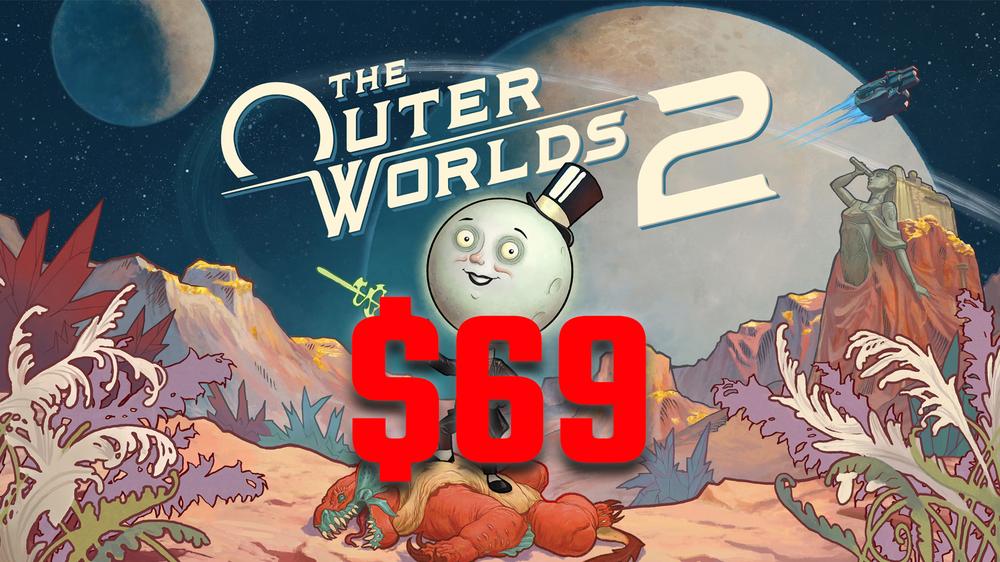A $40 expansion to a three-year-old game just outsold Nintendo’s biggest Switch 2 launch title.
Elden Ring: Nightreign launched at the end of May 2025. It’s a standalone multiplayer spinoff of FromSoftware’s hit open-world RPG. Meanwhile, Nintendo’s brand-new console, the Switch 2, hit shelves on June 5, 2025, paired with its showstopper: Mario Kart World.
Mario Kart World was announced in April during a Nintendo Direct and led the charge for Switch 2’s release. The system debuted at $450, or $499 with MKW included.
Both the console and game received heavy promotion and strong initial demand, and yet, when the June sales data dropped, Elden Ring: Nightreign took the top spot.
A spinoff beat Nintendo’s biggest game
That’s right. In a month packed with huge launches, including Death Stranding 2 and Mario Kart World, Nightreign still managed to come out on top.
It was the best-selling game in the U.S. for June 2025, according to Circana’s latest data, while Mario Kart World came in third. It’s a surprising win for a spinoff that costs less than half a new Switch bundle.
Nightreign wasn’t just a fluke either. It sold two million units on day one, and over 3.5 million in its first five days. Reviews were strong, Steam ratings quickly turned “Very Positive,” and the game stuck to full game pricing instead of leaning on microtransactions. That helped it lead May’s and June’s charts.
It also helped that Nightreign is multiplatform and available at $40. By contrast, Mario Kart World was tied to a $500 investment. That price difference may have played a role, especially for players already stretched from hardware upgrades.
Other big winners included Death Stranding 2 in second place and Stellar Blade jumping 180 spots to land at fifth. Cyberpunk 2077 re-entered the top 20 at #18 thanks to deep discounts and next-gen patches.
Ultimately, this doesn’t mean Mario Kart flopped or Switch 2 stumbled. Both are doing incredibly well. But Elden Ring’s spinoff proves a well-timed, well-priced expansion can still dominate, even against Nintendo’s most iconic brand.
The future of gaming seems to be flexibility. Between massive open-world RPGs and premium console bundles, players are picking what fits their wallet and their backlog.

 The Switch 2 had a very good launch month
The Switch 2 had a very good launch month